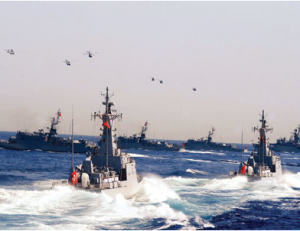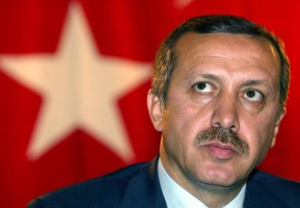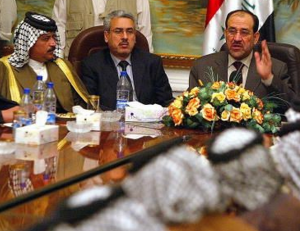By Max Security’s Intelligence Department
As Libya’s interim government pushes forward with its effort to establish sole authority over the country’s security apparatus, the country’s emerging market continues attract international corporate entities who wish to stake their claims on monetary potentials. However, the transitional government’s ability to restore security has been marred by ongoing inter-factional violence, an emerging black market, and other forms of civil unrest and lawlessness.
Ever since rebel forces swept into the capital, various militias have been deployed throughout the capital to maintain security as Gaddafi’s police force nearly crumbled. Many of these militiamen carry automatic weapons, with little training, making their actions unpredictable. These factions still control various parts of the city, maintaining checkpoints and conducting raids on those suspected as “Gaddafi Loyalists.” Continue reading Business Travel to Tripoli: Doing it safe


